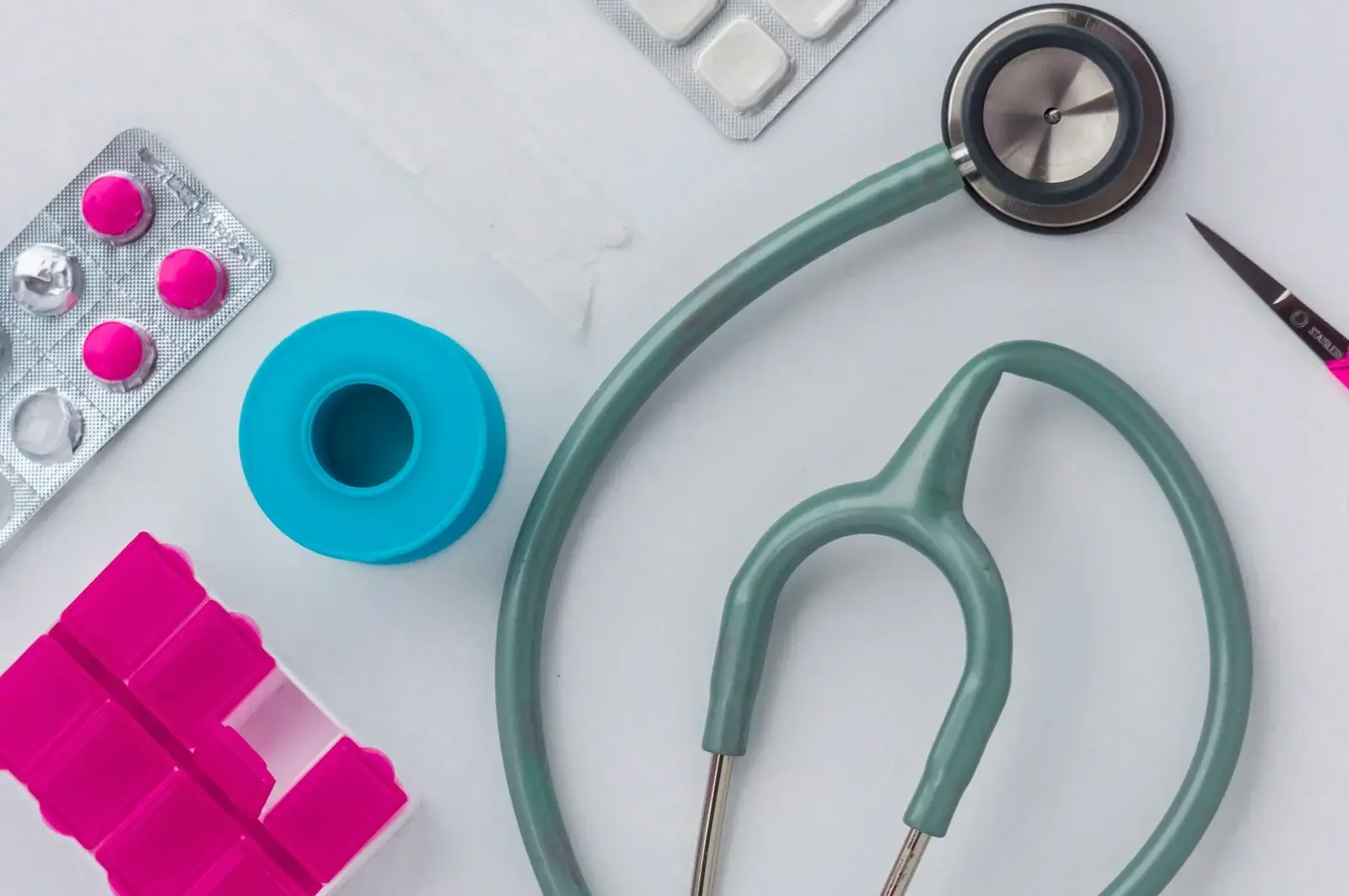
Depression is one of the most common mental health conditions, affecting millions of Americans every year, including many here in Nevada. While symptoms and severity vary, one thing is certain: finding the right treatment can make a significant difference in recovery and therapy for depression can really help.
For many people, therapy is a cornerstone of managing depression. But with so many approaches available, it can be overwhelming to know which is right for you. This guide will break down the most common types of therapy for depression, what each involves, and how they may help. Whether you’re seeking help for yourself or supporting someone you care about, understanding these options can empower you to take the next step toward healing.
1. Cognitive Behavioral Therapy (CBT)
Best for: People looking for practical tools to challenge negative thinking patterns and change behaviors.
CBT is one of the most widely researched and effective forms of therapy for depression. It focuses on identifying unhelpful thought patterns, like “I’ll never get better, and replacing them with more balanced, realistic ones.
How it works:
-
You and your therapist work together to spot “thinking traps.”
-
You learn strategies to reframe these thoughts and adopt healthier coping mechanisms.
-
You practice behavioral changes, like engaging in rewarding activities, to improve mood.
Why it’s effective:
CBT is action-oriented, structured, and typically short-term, making it a good choice for people who want measurable progress in a defined time frame.
2. Dialectical Behavior Therapy (DBT)
Best for: People dealing with intense emotions, self-destructive behaviors, or co-occurring conditions like borderline personality disorder.
Originally developed for borderline personality disorder, DBT has been adapted to help those with depression, especially when emotional regulation is a challenge.
How it works:
-
Combines CBT techniques with mindfulness-based strategies.
-
Focuses on four key skills: mindfulness, distress tolerance, emotion regulation, and interpersonal effectiveness.
-
Uses both individual therapy and group skills training.
Why it’s effective:
DBT is particularly useful for people whose depression is linked to difficulty managing overwhelming emotions or impulsive behaviors.
3. Psychodynamic Therapy
Best for: People who want to explore the deeper roots of their depression, such as unresolved past conflicts or unconscious patterns.
Psychodynamic therapy takes a more exploratory approach, aiming to uncover how early life experiences and relationships influence your current mental health.
How it works:
-
Involves open-ended conversations with a therapist over a longer period.
-
Encourages self-reflection to identify patterns and emotional blind spots.
-
Focuses on building self-awareness as a path to change.
Why it’s effective:
This therapy can help individuals who feel “stuck” in repeating cycles or are unsure why they feel depressed.
4. Interpersonal Therapy (IPT)
Best for: Depression triggered or worsened by life transitions, grief, or relationship issues.
IPT focuses on the link between mood and relationships. It’s highly structured, typically lasting 12–16 weeks, and aims to improve communication skills and interpersonal functioning.
How it works:
-
Identifies problem areas in relationships (conflicts, grief, role changes, social isolation).
-
Teaches strategies to resolve conflicts and build stronger social connections.
-
Uses role-playing and communication practice to enhance relationship quality.
Why it’s effective:
By addressing interpersonal challenges, IPT can reduce feelings of isolation and help rebuild a support network — key factors in recovering from depression.
5. Acceptance and Commitment Therapy (ACT)
Best for: People who want to stop struggling with their emotions and focus on living in alignment with their values.
ACT is a newer therapy that blends mindfulness and behavioral change strategies. Rather than trying to eliminate negative thoughts, ACT helps you accept them and commit to actions that improve your life.
How it works:
-
Teaches mindfulness to increase present-moment awareness.
-
Encourages accepting difficult emotions without letting them control you.
-
Helps you identify core values and take action toward them.
Why it’s effective:
ACT can be empowering for people who feel exhausted from “fighting” their depression, providing tools to live meaningfully despite challenges.
6. Group Therapy
Best for: People who want support, shared experiences, and skills practice in a social setting.
Group therapy brings together multiple participants with one or more therapists leading the sessions. Groups may focus on CBT, DBT, ACT, or other approaches, but the shared environment is the key element.
How it works:
-
Offers a safe space to discuss experiences and receive feedback from peers.
-
Encourages social connection and reduces isolation.
-
Provides opportunities to practice communication and coping skills in real time.
Why it’s effective:
The sense of community can be healing in itself, and hearing others’ stories can normalize your own experiences with depression.
Finding the Right Fit in Nevada
When considering therapy for depression in Nevada, it’s important to:
-
Check provider credentials to ensure they are licensed in the state.
-
Confirm insurance coverage, as many Nevada health plans now cover a wide range of therapy modalities.
-
Consider telehealth options — remote therapy is increasingly accessible and can make attending sessions easier for busy schedules.
How C & C Health Care Services Can Help
At C & C Health Care Services, we understand that depression looks different for everyone. That’s why we offer a range of therapeutic options, including CBT, DBT, psychodynamic therapy, IPT, ACT, and group sessions, so you can find the approach that works best for your needs.
Our licensed therapists in Nevada provide compassionate, evidence-based care, whether you prefer in-person visits or secure telehealth appointments. We’ll work with you to create a personalized treatment plan that fits your goals, lifestyle, and comfort level.
Take the First Step Toward Healing
Depression doesn’t have to define your life. With the right therapy, recovery is possible. If you’re ready to explore your options, book a consultation with C & C Health Care Services today!
Recent Posts

How Teen Therapy Builds Confidence and Emotional Strength
OCTOBER 8, 2025

Wound Care for Diabetic Ulcers at Home: Best Practices
SEPTEMBER 28, 2025

Is Telehealth Covered by Insurance? Common Coverage Questions Answered
AUGUST 24, 2025

Can Prescriptions Be Filled Through Telehealth Appointments?
AUGUST 18, 2025

How Remote Primary Healthcare Fits into Your Busy Life
JULY 12, 2025
